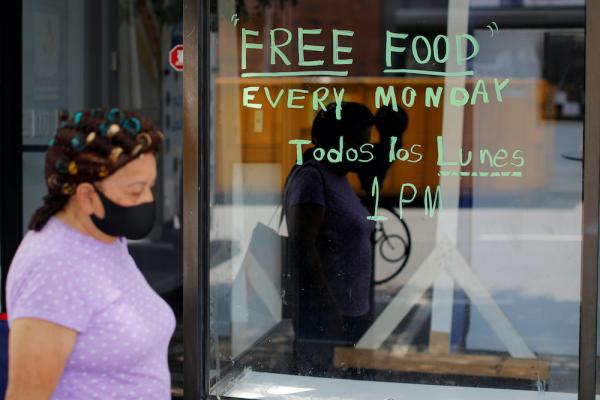Dec 3, 2020
The U.S. set two disturbing records on Wednesday with more than 200,000 new coronavirus infections reported nationwide and 100,000 patients hospitalized in just one day. This brings the nation’s total to 14 million coronavirus cases and 272,000 fatalities since February. Robert Redfield, the director of the Centers for Disease Control and Prevention, said yesterday that the next three months are “going to be the most difficult time in the public health history of this nation.”
Read the Full Article

Already a subscriber? Login
